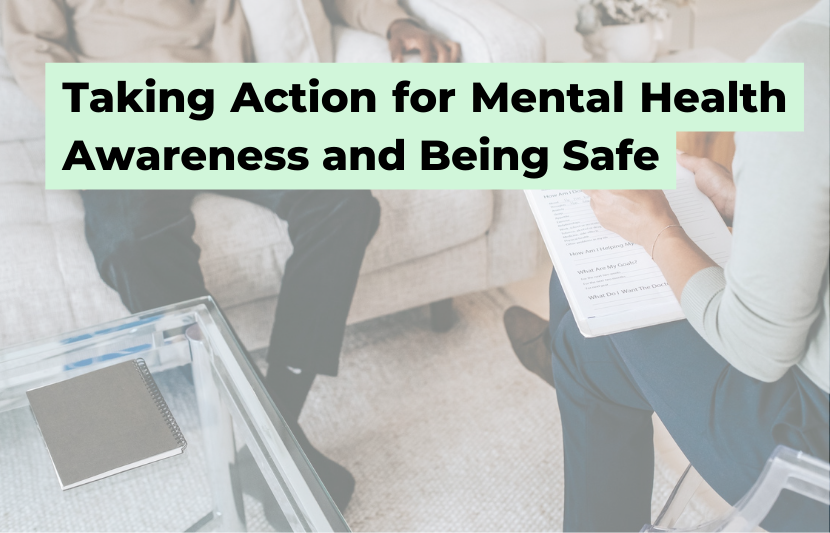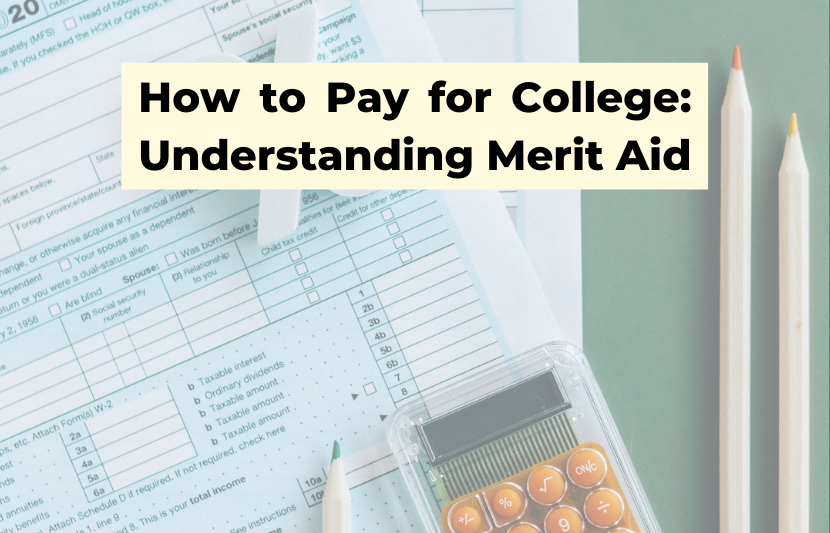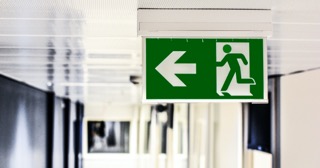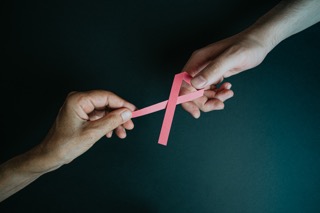In this episode of TUN TV, Dr. Crystal Rose interviews Dr. Loren M. Hill, founder of The Acclivity, to discuss campus safety and explore the emergency measures and best practices you should know when dealing with an on-campus threat.
Dr. Crystal Rose: Welcome to The University Network TV. I’m your host today, Dr. Crystal Rose. And on today’s show, we’re exploring the hidden curriculum and our series on campus safety. We’re looking at emergency measures, best practices when dealing with an on-campus threat.
And for these series, we’ve invited back Dr. Loren M. Hill, a licensed clinical psychologist and successful entrepreneur.
Welcome back, Dr. Hill.
Dr. Loren Hill: Thank you, Dr. Rose.
Dr. Crystal Rose: The first question is a “true-or-false.” School shootings are actually quite rare.
Dr. Loren Hill: You’re absolutely correct on both terms.
It’s on the front page, we hear it on the news, and so we are anxious about this because one would think, “Oh my goodness, there’s a school shooting every day.”
Not necessarily. And in terms of universities and college level or higher ed, it’s really rare that would happen on campus.
Now when it does happen, we are going to talk about some steps that you can take, but I think it’s important for us to contextualize this in terms of threats on campus.
Dr. Crystal Rose: Here’s threat number one. What should you do if you know someone has a weapon on campus?
Dr. Loren Hill: In that case, you want to notify the campus police or the local police immediately.
You don’t know why they have a weapon, but weapons are really prohibited from being brought onto campus. Different states have different laws about things, but I’m talking specifically about university or higher education campuses. The only one who should have a weapon would be the security, the law enforcement, campus police, etc.
So if you know that a peer, or even a teacher or a professor, is carrying a weapon — and it could be a knife, it could be a firearm, it could be a hammer, weapons can be anything that can be used to hurt you or someone else — if it’s not in the context of a class where you’re learning something, then you want to notify the administration or law enforcement or both.
Don’t hesitate. Do it right away.
Dr. Crystal Rose: If there is an active shooting, what should students do?
Dr. Loren Hill: The first thing you want to do is get yourself to safety and then call the authorities.
Call 911, if you’re able to. Call 911 so that people know there’s an emergency going on.
If you can’t get through to 911, as we talked about in a previous episode, you should already have saved on your phone, the campus police, security, and the emergency line for campus. We can’t assume that someone already knows, so we need to be making those calls. Let them know what’s going on.
Now, those are the first things. Get yourself to safety and then call the authorities.
Now, at some point, the authorities are going to get there. So law enforcement is going to come, they’re going to show up in full force.
What you don’t want to do is, get their attention, or pull at them. Even if you’re injured, lay there and know that help will come. Law enforcement’s first task is to neutralize the threat. So they have to identify the shooter — could be even a knife, it doesn’t always have to be a gun — whatever the weapon is, they have to neutralize that situation so that nobody else is getting injured.
And then the other first responders will come in to tend to those who have been injured. So do not pull on the officers. Do not try to touch them because they will be very focused on the task at hand, which is, again, identifying, and neutralizing the threat.
Dr. Crystal Rose: And that does sound counterintuitive, particularly as you mentioned, people may be injured, people may be hurt.
So, what can they expect and when is the right time to indicate that someone actually needs medical attention?
Dr. Loren Hill: Once the first team comes in, or maybe a couple of teams, you’ll notice that the shooting has stopped, or you’ll hear an “all clear” call. There will be some kind of verbal notification by the officers that now we’re coming in to do this.
Or you’ll start to see the other emergency responders coming in, checking to see if you’re okay. And so, once you see those personnel, then you can make some movements, raise your hand.
Now, there’ll be an evacuation procedure. So the law enforcement will tell you, “Let’s go now.” So, follow whatever they say because they are there to keep you safe, to minimize further risk. They’ve got multiple things that they’re doing from tactical perspectives, so you just want to listen to them, follow their instructions.
And if you are by someone who’s been really injured and they aren’t able to raise their hand or let someone know, be sure to let the first responders know there’s somebody over here that can’t talk or really needs help or my friend is still in there. Make sure you communicate that to the officers and the first responders so that they can go in and attend to that person or those people.
Dr. Crystal Rose: Excellent advice, excellent protocols to know if there actually is a threat happening on your college campus. And of course we all hope that won’t happen. But if it does, you really have helped us understand the best ways to navigate it.
Thank you so much, Dr. Hill, for being here today.
Dr. Loren Hill: You’re very welcome.
And we’ve all been hearing this term “stay safe.” I want you all to be safe. And being safe means taking these procedures seriously.
And if nothing else, program your campus numbers into your phone so that when you need them, you have them at your fingertips.
Dr. Crystal Rose: Excellent advice. And check out our first episode where we look at campus safety, and you’ll find some wonderful protocols that Dr. Hill also shared with us then.
Thank you so much for joining us today. I’m your host, Dr. Crystal Rose. Until next time on TUN TV.












